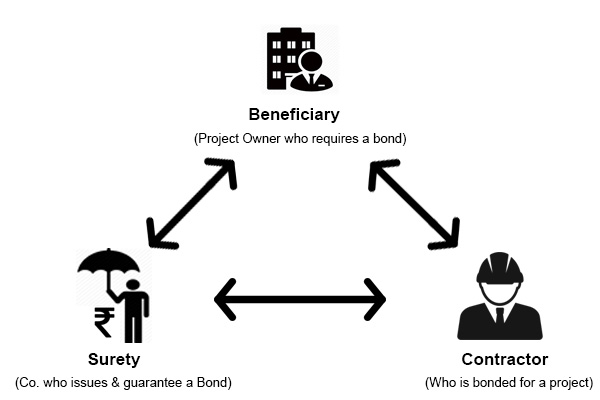Could there be a blueprint to destroy corrupt, communistic school boards and other public officials?
There’s a plan sweeping the nation that I want to introduce to WLT readers, filing complaints on surety bonds.
First off, what’s a surety bond?
Bonds For the Win explains:
Trending: Yale Students Say Anonymous Reporting System Has Turned School Into Orwellian ‘Surveillance State’
Surety bonds provide financial guarantees that bondholders such as public officials, companies, contractors, or unions will uphold their contracts according to mutual terms.
Surety bonds protect WE THE PEOPLE from fraud and malpractice. When a bondholder breaks a bond’s terms, the harmed party can make a claim on the bond to recover losses.
There are three parties included in a Bond Agreement:
- Bondholder – All elected public officials are required to be bonded and they must sign an oath to uphold the Constitution of their State as well as the Constitution of the United States for America. Companies, contractors, and even unions are also required to have a surety bond.
- We the People – The community for whom the bondholder is OBLIGATED to serve.
- Surety Bond Company – This is the company that guarantees that the bondholder will serve the people.
If a claim is filed against a bondholder, the Surety Bond Company is responsible for accepting the claim(s), notifying the bondholder, demanding that the bondholder address the claim and starting an investigation if the bondholder does not resolve or rectify the situation.
The Performance Bond is the most common surety bond. This bond assures that the bondholder will perform and properly execute all the terms and conditions of an awarded contract or to fulfill his or her duties to the public as specified.

Public Official Bonds
A public official is a person who holds a position of official authority that is conferred by a State, City, County or other municipality. They often hold a legislative, administrative or judicial position of sorts and is either elected or appointed. Relative to surety bonds, notaries public are the most common public official. A public official bond which provides indemnity for failure of a public official to faithfully perform their duties while properly managing funds they might oversee for the term of their designation.
What Are The Two Common Types Of Public Official Bonds?
Public Official Bonds may serve different functions: Fidelity Bonds and Faithful Performance Bonds. Also, states use “fidelity bond” and “faithful performance” interchangeably, there is a difference between fidelity coverage and faithful performance coverage.
SGT Report shares more details in this video report (fast forward to 11:10):
Watch the surety bond blueprint unfold when Miki Klann serves the Scottsdale Unified School Board (SUSD) members with 10 letters of intent by 10 different parents.
Klann declares her intention to file a claim against the Governor’s surety bond on behalf of the SUSD board members.
The board members will be charged with practicing medicine without a license, child abuse, segregation, and inappropriate sexual material in the school libraries.
Each claim carries a liability of up to $100,000, meaning each board member carries a total liability of $1 million in the event that the claims are filed.
The board members now have five days to rectify the situation or the parents of SUSD will file the claim.
Watch Klann serve the board members here:
https://www.bitchute.com/video/irnImB60jToT/
San Ramon Valley Unified School District in California was put on notice to stop masking children, and that their decisions have involved criminal actions against children and parents.
Watch here:
For more information on how to file complaints against surety bonds of public officials, visit Bonds For the Win for guidance.
Let’s put an end to this child abuse and medical tyranny across the country!



Join the conversation!
Please share your thoughts about this article below. We value your opinions, and would love to see you add to the discussion!